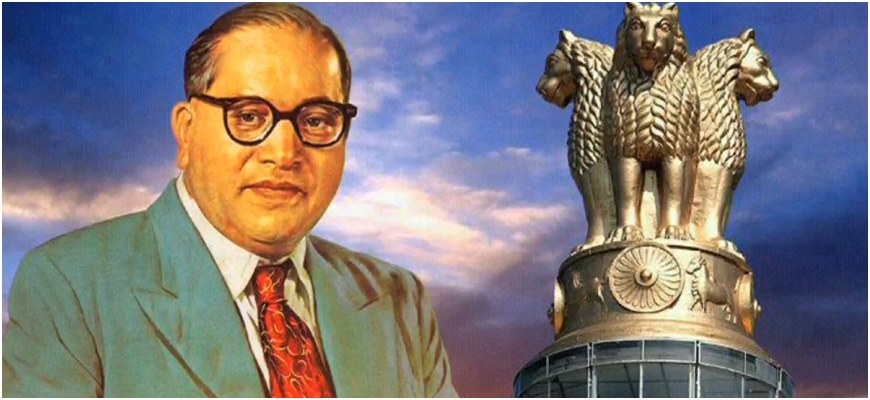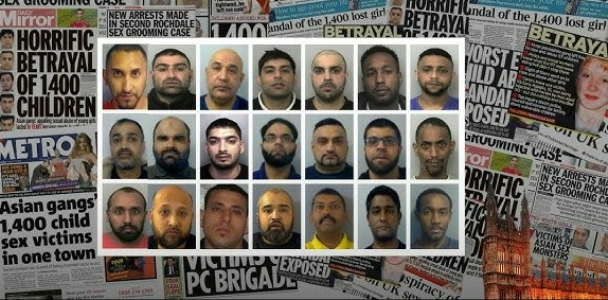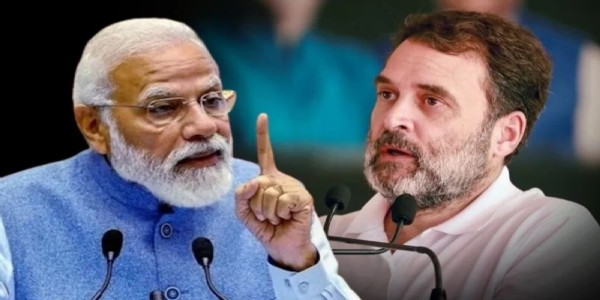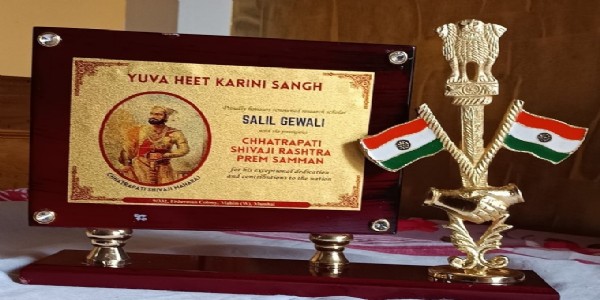Recalling the great visionary, Dr Babasaheb Ambedkar who struggled passionately to bring ‘justice’ for everyone, everywhere
Mumbai, April 14: On this day a ray of hope to millions took birth on the land of India that enlightened the whole world. For the welfare of society, he strived throughout his life to bring out the revolutionary transformation. The architect of ‘The Constitution of India’, ‘First Law Minister’, ‘Indian Jurist’, ‘Social Reformer’ who was none other than the iconic Dr Babasaheb Ambedkar.

“I like the religion that teaches liberty, equality and fraternity,” believed Dr Babasaheb Ambedkar who struggled passionately against social discrimination.
Dr Babasaheb Ambedkar was born to Bhimabai and Ramji on 14 April 1891 in Mhow Army Cantonment, Central Provinces (Madhya Pradesh). Throughout his childhood, Ambedkar faced the stigmas of caste discrimination. Hailing from the Hindu Mahar caste, his family was viewed as “untouchable” by the upper classes. He led millions of oppressed, to a life of self-respect, dignity, and responsibility. Babasaheb, as he was also known as, always stressed the importance of better education, so that position of common people in society can be improved.
No wonder he was one of the eminent thinkers and scholars as his education was vast. Dr Bhimrao passed his B.A. examination from the Elphinstone College in Bombay. He went to America and joined the Columbia University. He completed his M.A. and PhD. Dr Ambedkar studied law in England. In 1923, he returned to India as a barrister. He started his practice at Bombay High Court. Dr Ambedkar was the most ambitious leader, pursuer of the target, strong-willed, determined, discreet, courageous, hardworking, studious thoughtful, self-respecting, expert in work, dutiful, devoted recipient of the highest degrees, manifold knowledgeable, the good user of the knowledge for the welfare of the people.
Dr Ambedkar was greatly influenced by three great men, Lord Buddha, Kabir and Jyotiba Phule. Bhimrao Ramji Ambedkar is popularly known as ‘Babasaheb’. He played an important role in framing Indian Constitution. So he is called the father of the Indian Constitution. Dr B.R.Ambedkar was the first law minister of independent India. He is known for his work as a lawyer, economist, politician and professor. For his contributions, he was awarded ‘Bharat Ratna’.Dr. Ambedkar died on 6th December 1956.
Dr. Ambedkar had a charismatic personality. He was pragmatic par excellence, who never allowed him to be swayed by abstract ideas and ideals. He strongly believed that political independence cannot assure either social solidarity or national integration in the absence of social justice. Being a democratic socialist, he propagated that fundamental rights have little meaning to people in the absence of social democracy. For his yeoman service to the nation, B.R. Ambedkar was bestowed with Bharat Ratna in 1990.
Dr. Ambedkar belonged to the Mahar caste; his father and grandfather served in the British Army. In those days, the government ensured that all the army personnel and their children were educated and ran special schools for this purpose. This ensured good education for Bhimrao Ambedkar, which would have otherwise been denied to him by the virtue of his caste.
Bhimrao Ambedkar experienced caste discrimination right from the childhood. Bhimrao was enrolled in the local school. Here, he had to sit on the floor in one corner in the classroom and teachers would not touch his notebooks. In spite of these hardships, Bhimrao continued his studies.
After for further studies, Bhimrao reached New York in July 1913. For the first time in his life, Bhim Rao was not demeaned for being a Mahar. He immersed himself in the studies and attained a degree in Master of Arts and a Doctorate in Philosophy from Columbia University in 1916 for his thesis. From America, Dr.Ambedkar proceeded to London to study economics and political science. But the Baroda government terminated his scholarship and recalled him back.
The Maharaja of Baroda appointed Dr. Ambedkar as his political secretary. But no one would take orders from him because he was a Mahar. Bhimrao Ambedkar returned to Bombay in November 1917. With the help of Shahu Maharaj of Kolhapur, a sympathizer of the cause for the upliftment of the depressed classes, he started a fortnightly newspaper, the "Mooknayak" (Dumb Hero) on January 31, 1920. The Maharaja also convened many meetings and conferences of the "untouchables" which Bhimrao addressed. In September 1920, after accumulating sufficient funds, Ambedkar went back to London to complete his studies. He became a barrister and got a Doctorate in science.
After completing his studies in London, Ambedkar returned to India. In July 1924, he founded the Bahishkrit Hitkaraini Sabha (Outcastes Welfare Association). The aim of the Sabha was to uplift the downtrodden socially and politically and bring them to the level of the others in the Indian society. In 1927, he led the Mahad March at the Chowdar Tank at Colaba, near Bombay, to give the untouchables the right to draw water from the public tank where he burnt copies of the 'Manusmriti' publicly.
In 1947, when India became independent, the first Prime Minister Pt. Jawaharlal Nehru, invited Dr. Bhimrao Ambedkar, who had been elected as a Member of the Constituent Assembly from Bengal, to join his Cabinet as a Law Minister. The Constituent Assembly entrusted the job of drafting the Constitution to a committee and Dr. Ambedkar was elected as Chairman of this Drafting Committee. In February 1948, Dr. Ambedkar presented the Draft Constitution before the people of India; it was adopted on November 26, 1949.
Nation recalled this great visionary by paying tributes. pasting
Extending his tributes Prime
Minister Narendra Modi said “Greetings on Ambedkar Jayanti. Pujya Babasaheb
gave hope to lakhs of people belonging to the poorest and marginalised sections
of society. We remain indebted to him for his efforts towards the making of our
Constitution.”





